Welcoming 2022 – With more GPUs, free AWS credits, cheap data storage, Omniverse, Quantum, and more …

Rikky Purbojati, Research Computing, NUS Information Technology, on 13 February 2022
Creating Your Own Private HPC In The Cloud

Yeo Eng Hee, Research Computing, NUS Information Technology, on 13 February 2022
Have you ever wished to easily set up your own private HPC server in the cloud to run your computations without getting professional help? And after you are done with your computations, destroy everything so that you do not have to pay for idle cloud resources?
Pre-trained Language Models on NUS HPC
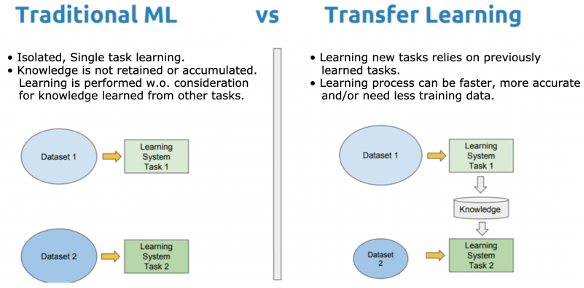
Kuang Hao, Research Computing, NUS Information Technology, on 13 February 2022
The research into Deep Learning is growing at a rapid rate over the years. With more and more researchers stepping into the realm of AI, the need to use popular pre-trained models and packages increases as well.
This article introduces the newly installed language models on NUS HPC and demonstrates how to make use of them.
Leveraging SingAREN’s Networks and Services to Accelerate Data Transfer for NUS Researchers
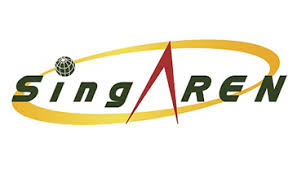
Linda Lim, Executive, Engagement and Publicity, SingAREN, on 13 February 2022
Improving routing efficiency while reducing latency, Singapore Advanced Research and Education Network (SingAREN) facilitates high-speed transfers of large datasets, both within Singapore and across international boundaries, for scientific research and enables advanced network technology demonstrations through its international links and high-speed fiber network. Nationally, SingAREN has developed a resilient fiber infrastructure inter-linking NUS, NTU, A*STAR and NSCC. Besides advanced internet connectivity, SingAREN offers value-added services such as complimentary consultation on network streamlining to massively speed up data set transfers. Through eduroam wifi with NUS credentials, NUS staff and students can access internet from other research and education institutions anywhere in the world.
Using Detectron2 on HPC
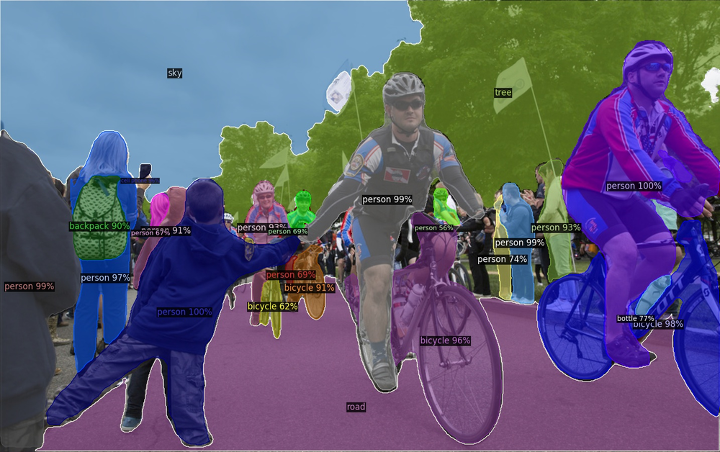
Ku Wee Kiat, Research Computing, NUS Information Technology, on 13 February 2021
Detectron2 is Facebook AI Research’s next generation library that provides state-of-the-art detection and segmentation algorithms. It supports several computer vision research projects and production applications at Facebook.
An AI-Trained Tool for HPC Parallel Job Performance Monitor and Optimisation
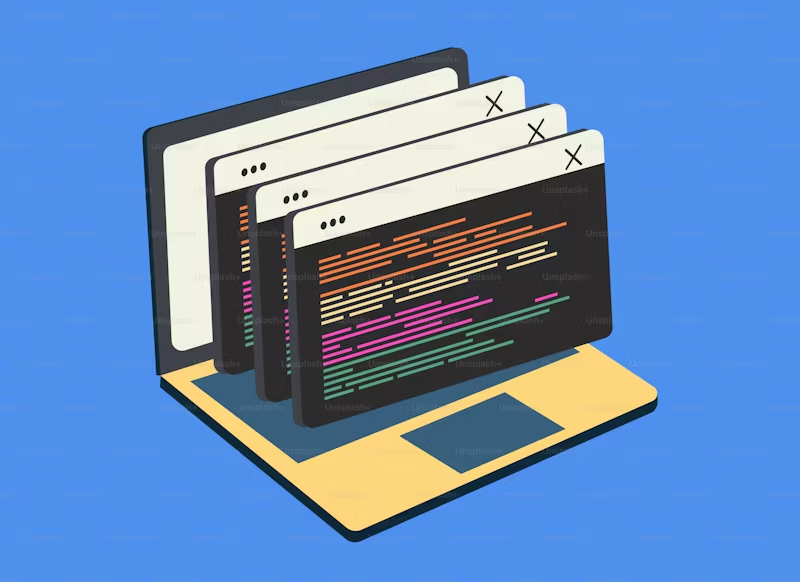
Wang Junhong, Research Computing, NUS Information Technology, on 13 February 2022
Many of you may face a common dilemma to understand how well your batch jobs are running once you submit them into the HPC system. Our AI-Trained Tool is here to help you.
Support of Data Science Course on Central HPC System

Dr Lim Chinghway, Department of Statistics & Data Science, on 13 February 2022
In collaboration with NUS IT Research Computing team, the Department of Statistics & Data Science conducted the course DSA4266 in Semester 1 of AY2021/22.
MLOps: An overview.
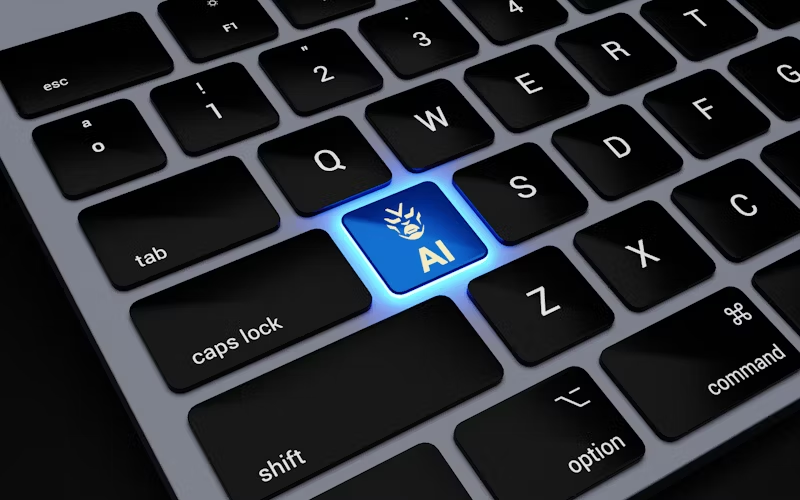
Kumar Sambhav, Research Computing, NUS Information Technology, on 13 February 2022
MLOps is quickly emerging as a critical component for data science projects at the enterprise level. It helps organisations achieve their short and long term goals and generate value for the organisation. MLOps have become a successful data science strategy and has recently generated a lot of interest.
HPC-AI & The New Normal: Self-swab ART Image Recognition System

Rikky Wenang Purbojati, Research Computing, NUS Information Technology, on 13 October 2021
Much has been said about the convergence of HPC and AI in recent years. However, the emergence of the Covid19 pandemic had possibly kicked the convergence and its translational application into full gear. HPC-AI technology has been involved in every step of humanity’s effort to answer the most critical global challenge yet, climate change notwithstanding. While the long-term impact and trajectory remains to be seen, it is undeniable that the advances in computing technologies (and other scientific fields) have allowed the responses to be swift and laser-focused.
AI-Aided Tools for Research

Ku Wee Kiat, Research Computing, NUS Information Technology, on 13 October 2021
Do you ever have the need to extract text from article scans, or data from invoices/receipts? Are you dealing with small tabular datasets with sensitive information that requires more data? Do you have a low-resolution or poor-quality image but want something of a higher quality or resolution? In this article, we will look at some Python-based AI-aided tools and libraries that might be useful for your research
